Understanding Regulatory Compliance in Tokenized Real Estate Investments
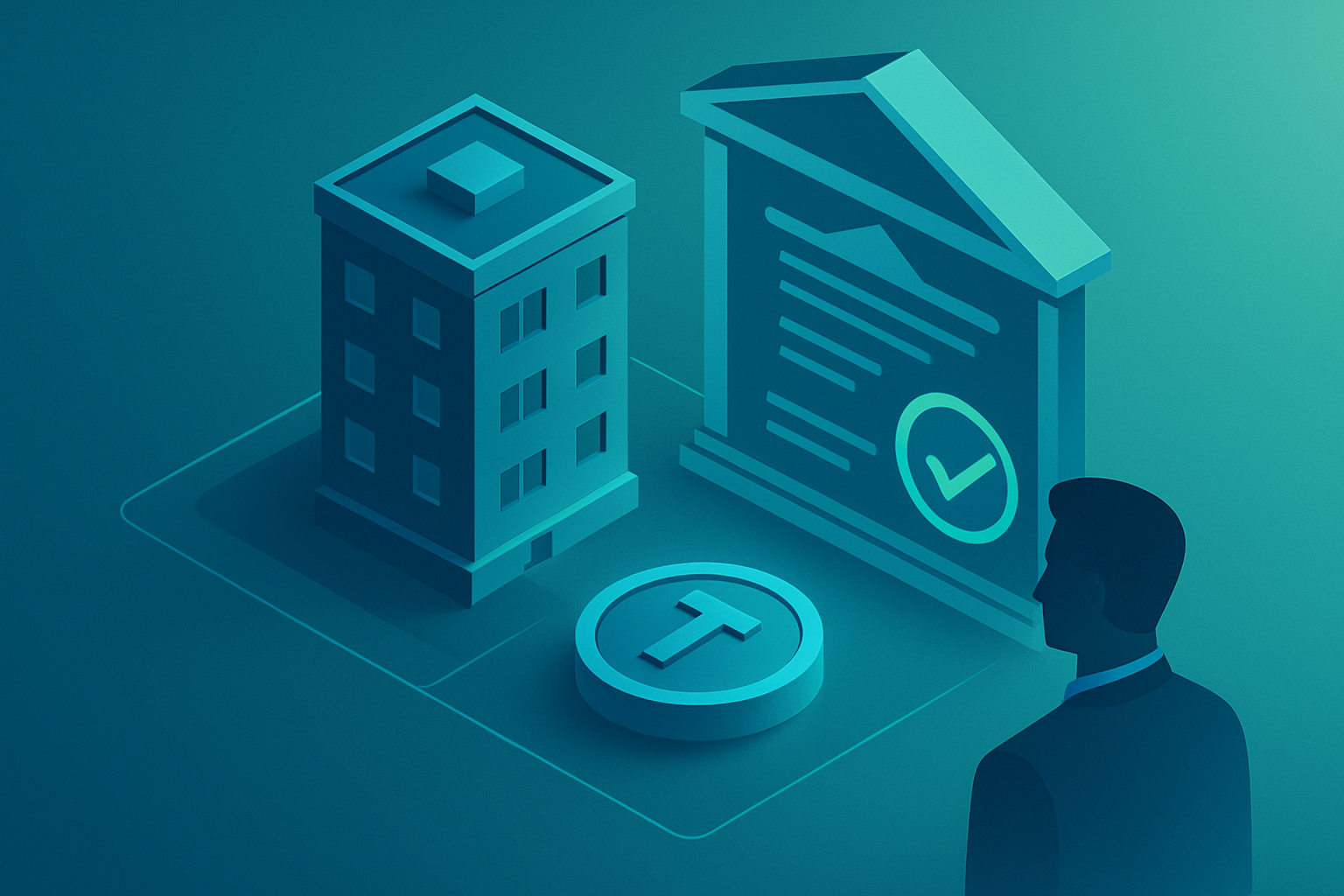
Tokenized real estate is rapidly reshaping how investors access, own, and trade property. By converting physical assets into digital tokens on the blockchain, this innovation unlocks new pathways for liquidity and fractional ownership. But as with any financial revolution, navigating the regulatory landscape is essential for both issuers and investors. Understanding tokenized real estate compliance isn’t just a box-ticking exercise, it’s the foundation for trust, transparency, and long-term growth in this emerging sector.

Securities Laws: The Core of Real Estate Rwas Regulation
In the United States, most property tokens are classified as securities under the SEC’s Howey Test. This legal benchmark asks: Is there an investment of money in a common enterprise with a reasonable expectation of profits from the efforts of others? If yes, compliance with federal securities laws is mandatory. For token issuers, that means either registering offerings with the SEC or qualifying for an exemption.
Let’s break down some of the most common exemptions:
Key U.S. Securities Exemptions for Tokenized Real Estate
-
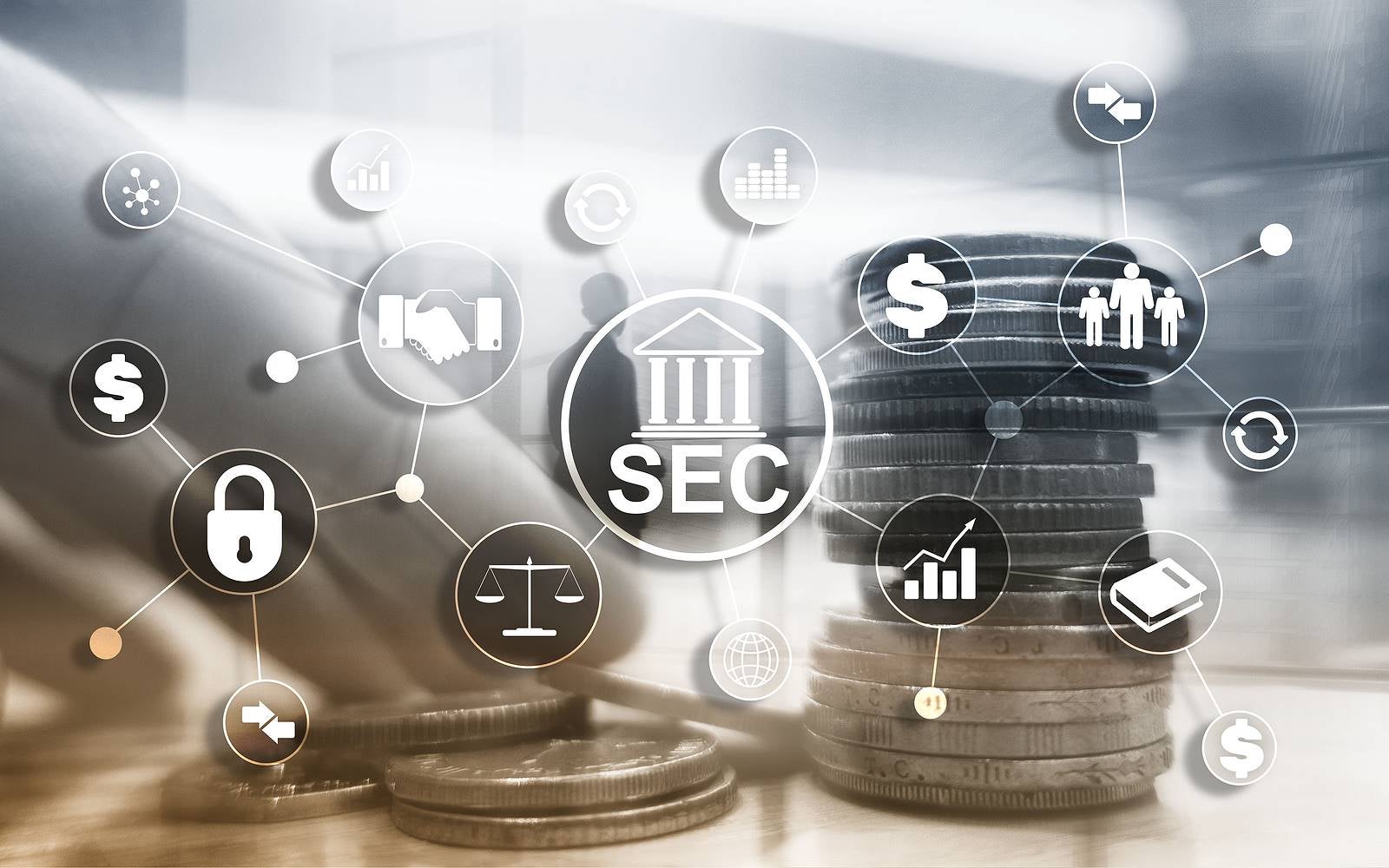
Regulation D (Rule 506(c)): Enables issuers to raise unlimited capital from accredited investors via private placements. Public advertising is allowed, but issuers must verify investor accreditation and file Form D with the SEC.
-
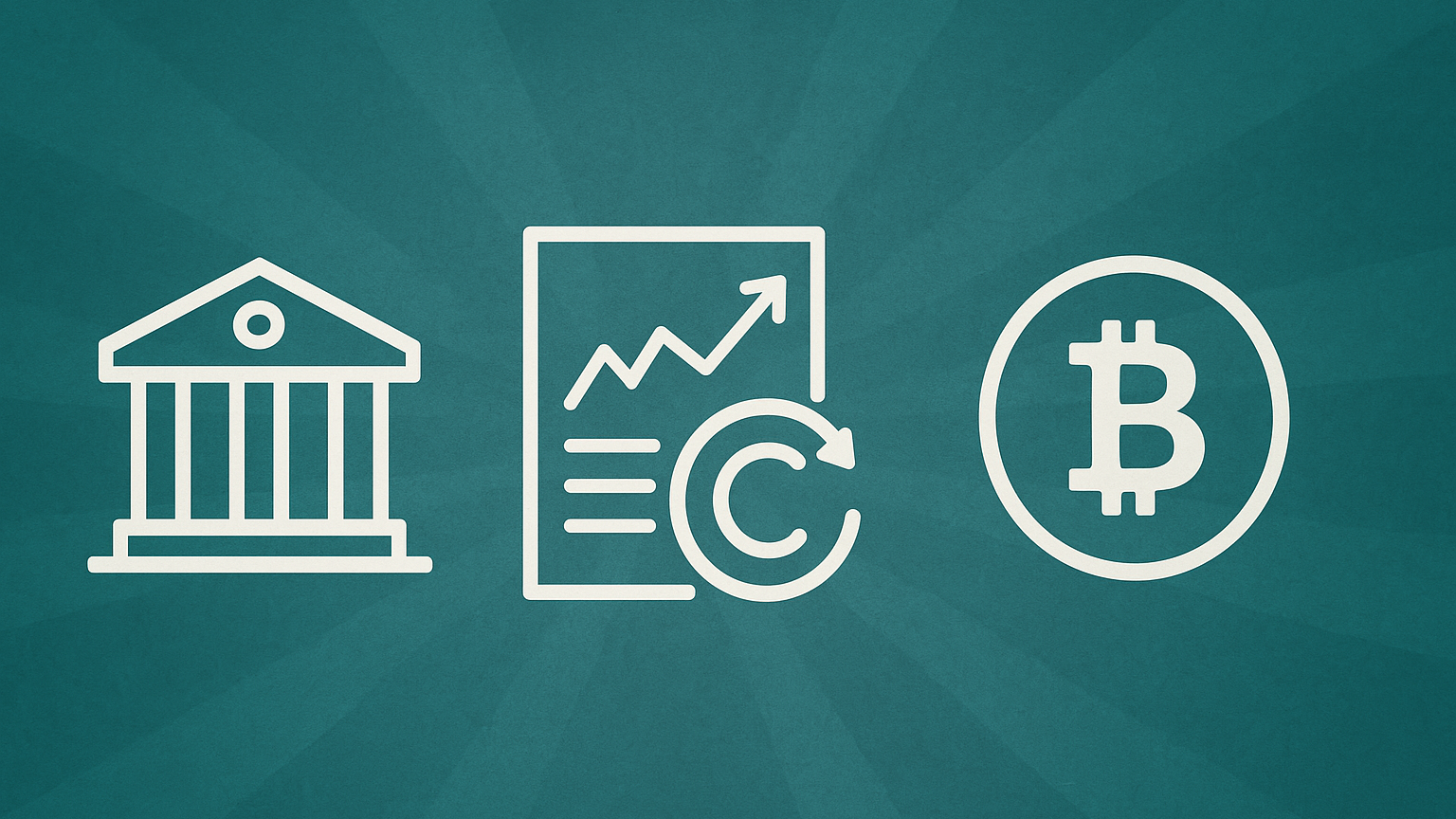
Regulation A+: Allows public offerings of up to $75 million annually to both accredited and non-accredited investors. Requires SEC qualification and ongoing reporting, expanding access to a broader investor base.
-
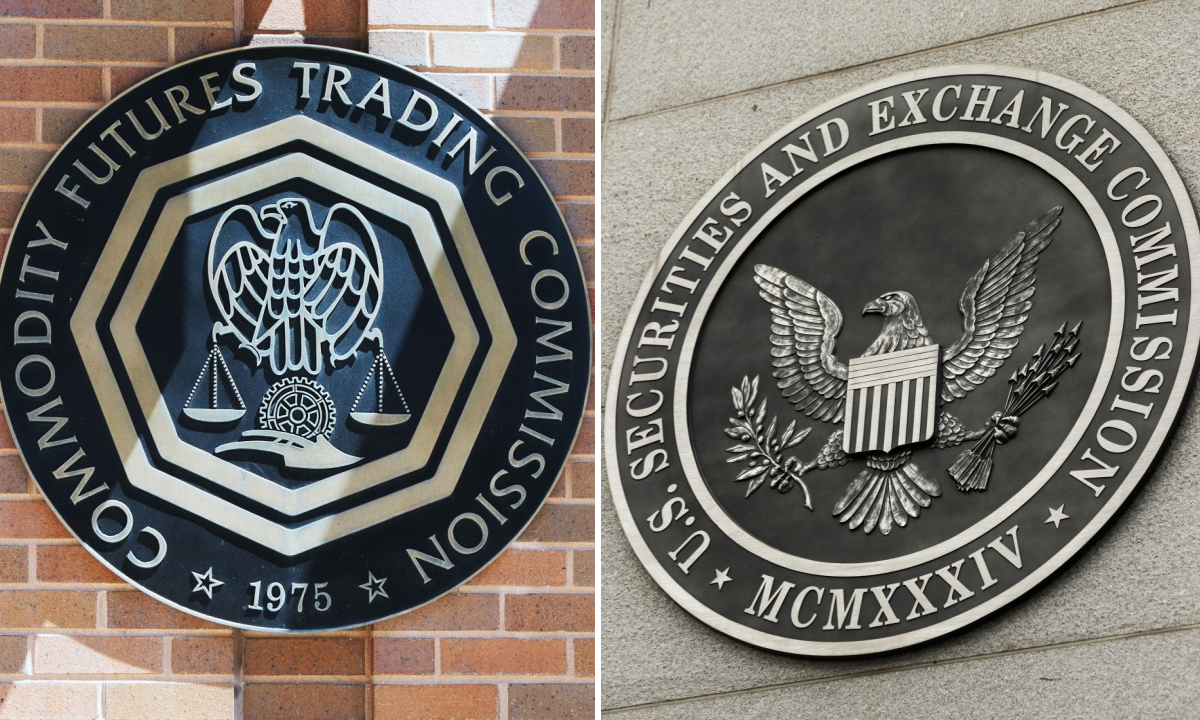
Regulation S: Provides a safe harbor for offerings made exclusively to non-U.S. investors. Transactions must occur outside the U.S. and cannot involve directed selling efforts within the country.
Regulation D (Rule 506(c): Enables private placements to accredited investors, unlimited capital raising, and broad advertising, but requires investor accreditation verification and Form D filing.
Regulation A and : Opens public offerings up to $75 million annually to both accredited and non-accredited investors. It demands SEC qualification and ongoing reporting but offers much wider participation (source).
Regulation S: Provides a safe harbor for offerings exclusively to non-U. S. investors, so long as sales happen outside the U. S. , without targeted marketing stateside (source).
KYC and AML: Building Trust on Blockchain Property Platforms
The promise of blockchain is transparency, but that only works if platforms are vigilant about who can participate. That’s where KYC (Know Your Customer) and AML (Anti-Money Laundering) requirements come in. In practice, this means verifying investor identities, assessing risk profiles, and monitoring transactions for suspicious activity.
This isn’t just about ticking regulatory boxes, it’s about protecting both issuers and buyers from fraud or illicit financing. Many jurisdictions make these steps mandatory before any property tokens can be offered (source). The result? Greater confidence in every transaction, and a more resilient marketplace overall.
The Legal Structure Behind Every Token: What Investors Really Own
A common question among newcomers is: “Do I actually own part of a building?” In most cases, property tokens don’t grant direct title to bricks-and-mortar assets. Instead, they represent a beneficial interest in a legal entity, such as a Special Purpose Vehicle (SPV) or trust, that holds the underlying property (source). This structure is designed to streamline compliance while still providing clear economic rights.
- Voting rights: Do token holders have a say in key decisions?
- Earnings/distributions: Are there dividend entitlements?
- Transfer restrictions: Can tokens be freely traded or are there lock-up periods?
The specifics depend on local laws and each project’s unique legal architecture, so always review offering documents carefully before investing.
As the landscape matures, global regulatory diversity is both a challenge and an opportunity for those pursuing tokenized real estate compliance. The European Union’s MiCA regulation is shaping a unified digital asset framework, while Switzerland mandates strict privacy under banking secrecy laws. Singapore and the UK have provided clarity for issuers and investors, giving their markets a head start in adoption. No matter where you operate, understanding these jurisdictional nuances is vital to avoid legal pitfalls and unlock cross-border investment potential.
Recent Developments: Tokenized Securities Enter Mainstream Markets
One of the most exciting signals of maturity in this space comes from traditional finance itself. In September 2025, Nasdaq filed with the SEC to allow trading of tokenized securities on its main market, potentially paving the way for property tokens to be traded alongside blue-chip equities by Q3 2026 (source). If approved, this move would mark a new era of liquidity, price discovery, and legitimacy for real estate Rwas regulation.
Key Advantages of Tokenized Real Estate Compliance
-
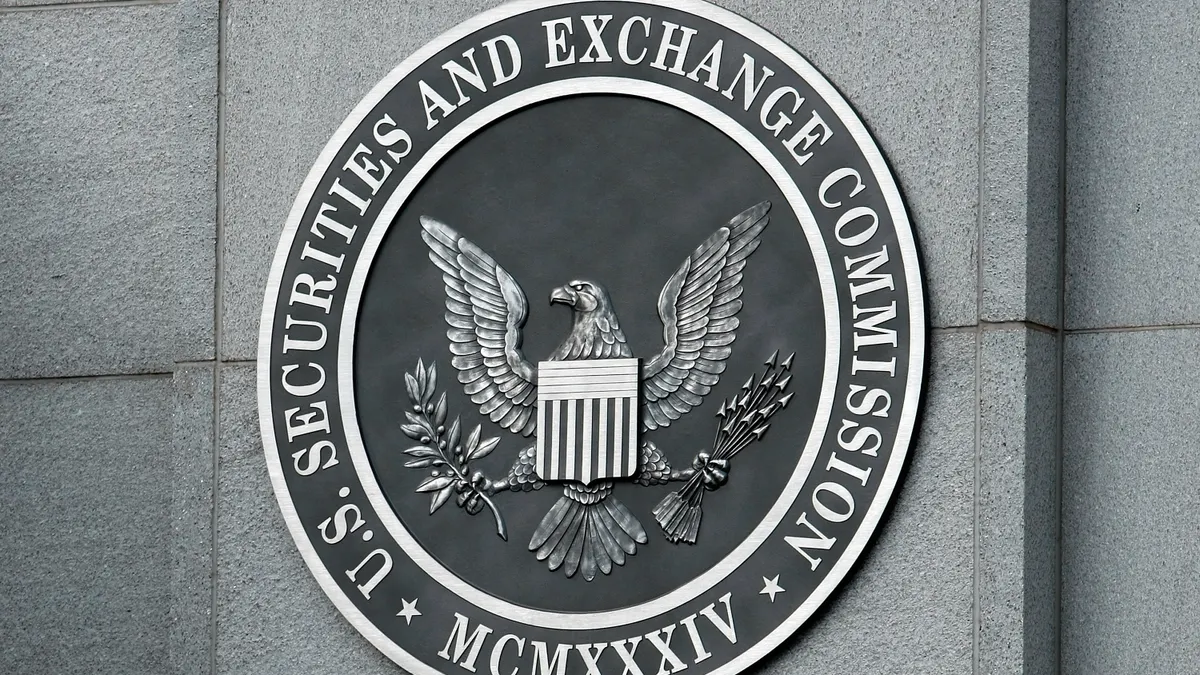
Enhanced Investor Protection: Regulatory compliance ensures robust investor safeguards, including SEC oversight, clear disclosure requirements, and adherence to securities laws—helping protect your interests and rights.
-
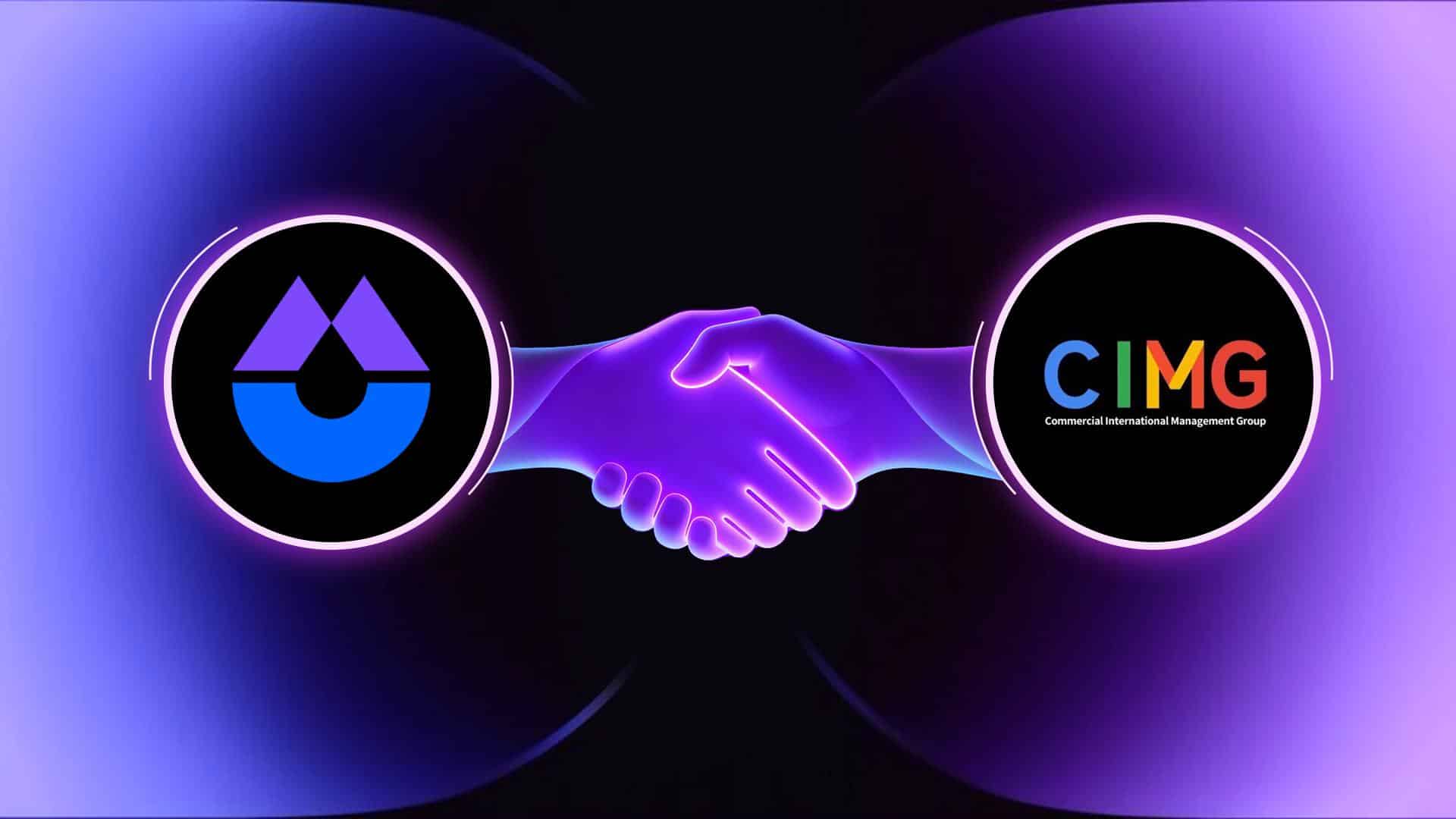
Increased Liquidity: By complying with regulations, tokenized real estate offerings can be listed on regulated platforms and, soon, potentially on major exchanges like Nasdaq, making it easier to buy and sell shares and access your capital.
-

Greater Transparency: Compliance mandates regular reporting and audits, providing investors with transparent, up-to-date information about property performance and ownership structures.
-
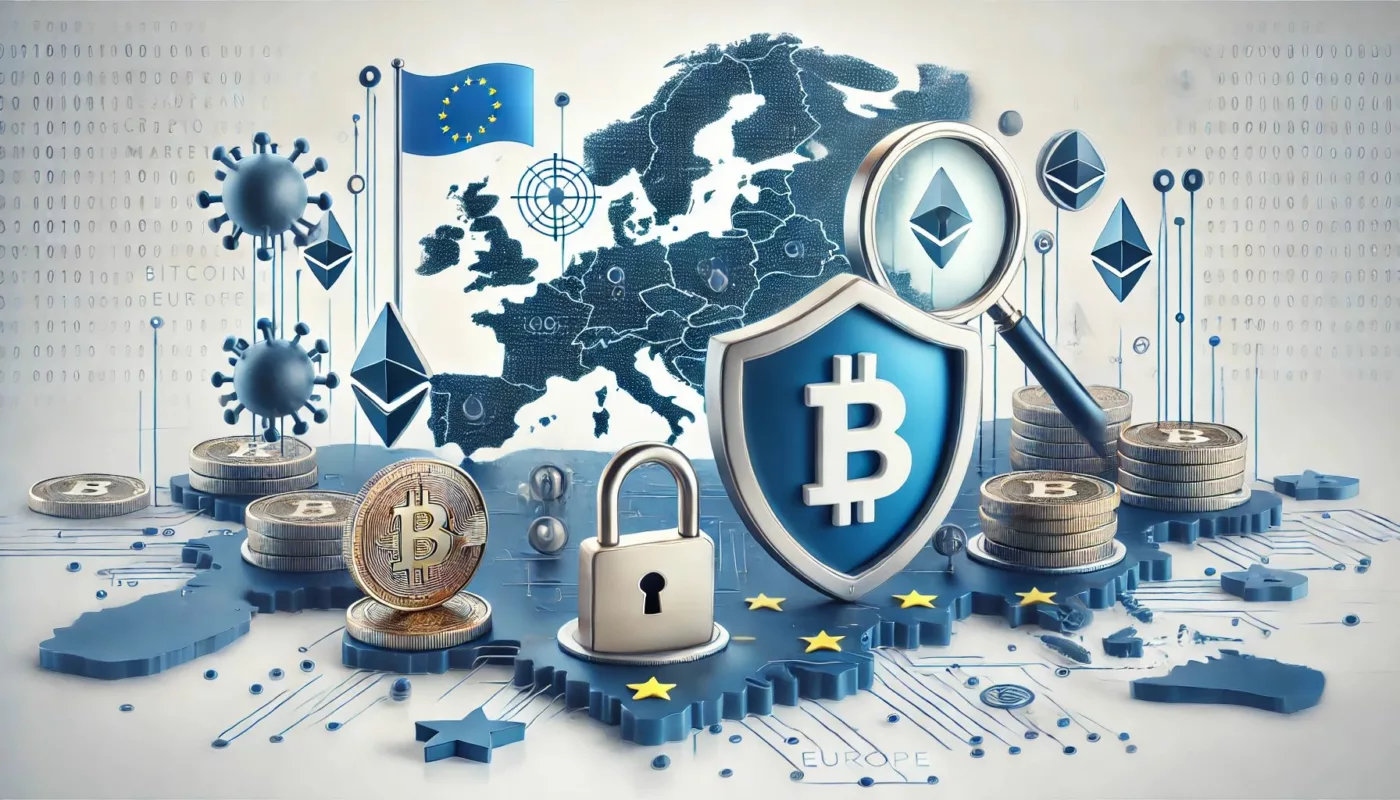
Global Market Access: Adhering to frameworks like the EU’s MiCA and Singapore’s clear regulations enables cross-border investment, letting investors participate in real estate markets worldwide with confidence.
-

AML & KYC Security: Strict Anti-Money Laundering (AML) and Know Your Customer (KYC) procedures reduce fraud risks and ensure only legitimate investors participate, fostering a secure investment environment.
For forward-thinking investors, these regulatory milestones aren’t just hurdles, they’re green lights signaling institutional acceptance and mainstream momentum. When compliance frameworks align with innovation, everyone wins: issuers gain access to broader capital pools; investors enjoy greater protection and transparency; regulators see more robust oversight; and the entire ecosystem grows stronger.
Action Steps: How to Navigate Tokenized Real Estate Regulation
So what does this mean for your next move? Whether you’re an issuer or investor exploring blockchain property opportunities, here’s how you can put regulatory best practices into action:
- Work with platforms that prioritize KYC/AML onboarding from day one.
- Insist on transparent disclosures about legal structures and investor rights.
- Stay current on evolving rules in each relevant jurisdiction, regulations are changing fast.
- If in doubt, consult legal counsel who understands both securities law and digital assets.
The future belongs to those who not only embrace innovation but also respect its guardrails. By making compliance your competitive advantage, you’re setting yourself up for sustainable success in the world of tokenized real estate.
The bottom line? Tokenization is transforming real estate from an exclusive club into an open marketplace. With each regulatory milestone, from SEC exemptions to Nasdaq integration, the path gets clearer for everyone. Stay informed, stay compliant, and seize your stake in the next era of property investment.







